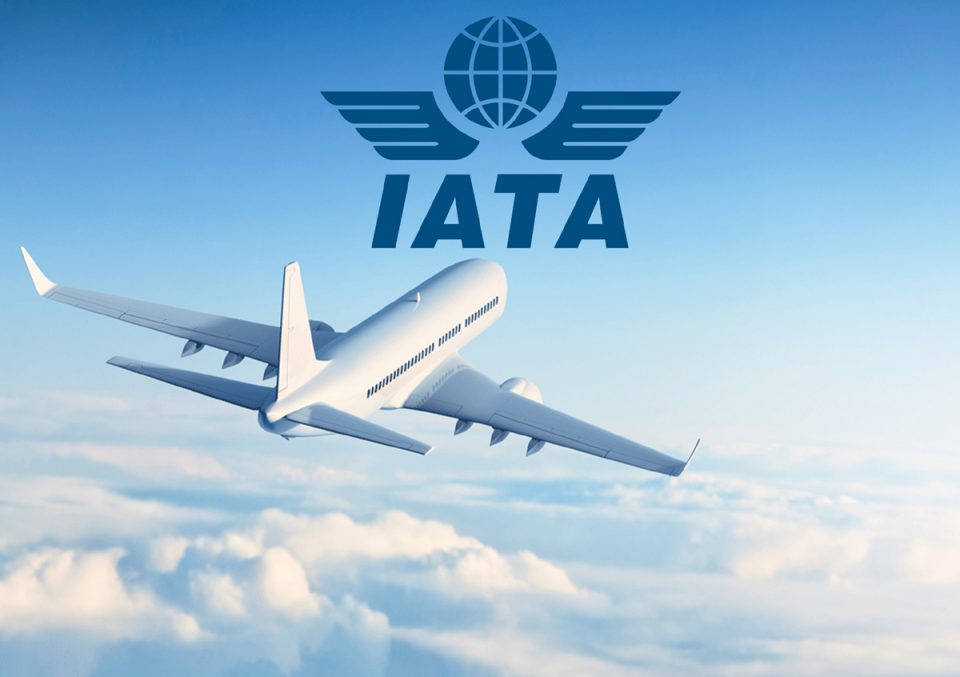Nigeria along with Liberia and six other countries have been listed among the top African countries with high airport taxes and charges.
The International Air Transport Association (IATA) disclosed that these airport taxes were too high, despite not meeting up with the stiff resistance as some European countries.
Others countries include Guinea Bissau, Senegal, Bangui, Sierra Leone, Republic of Congo and Niger.
Not pleased with this, the Airports Council International (ACI)’s World Director-General, Luis Felipe de Oliveira, has hit back at claims made by IATA Director General, Willie Walsh, that many airports are “addicted to a ‘spend big and cream it off the customer’s mentality.”
Felipe de Oliveira called for “collaboration and cooperation” between all aviation stakeholders following a renewed attack by Walsh on airports for raising infrastructure charges.
Speaking at the 78th IATA AGM in Doha, Walsh alleged that “the nightmare is becoming reality” and called on governments to show “a backbone” to resist airport requests to increase their fees to airlines. Singling out Amsterdam, Dublin and London Heathrow, he claimed that many airports were addicted to a spend big and cream it off the customer’ mentality.”
Walsh said: “Focusing on airports, out of the top 100, more than half announced increases for 2022 and 2023, expecting their customers to make up for revenues they did not get during the pandemic.
“Try that in a competitive business. ‘Dear valued customer, we are charging you double for your coffee today because you could not buy one yesterday.’ Who would accept that?”
However, Walsh praised Spain for rejecting AENA’s request to raise charges, describing the country as a “rare regulatory success story” and urged other governments to do likewise.
“IATA, therefore, opposes a “light touch” regulation proposal by airports. “And we categorically reject their characterisation of aeronautical revenue as insignificant. Airport opposition to strong independent economic regulation demonstrates that they know it’s wrong,” Walsh added.
Reacting to the development on the sidelines of the AGM, Oliveira rebuffed the claims, saying the comments do not reflect current market and economic realities at airports.
He said: “I disagree strongly with the statements made. During the pandemic, we saw airlines receive billions of dollars in government support and airports received peanuts in comparison.”
“The financial stress suffered by airport operators because of passenger traffic losses has become unsustainable and cannot be absorbed, given the infrastructure-intensive nature of the business.
“ACI also cited research that claimed airport revenue generated from aeronautical charges represents as much as 55 per cent of all revenues, yet airport charges represent less than five per cent of airline costs historically.
“The global airport charges per passenger have, on average, declined by approximately 20 per cent in real terms in the five years up to 2019.
“If we have only aeronautical revenues from the airline side we cannot survive as a business. Before the pandemic two-thirds of airports in the world were already making losses.
“That became 100 per cent of airports, and we are only now really starting the recovery.”
De Oliveira reiterated ACI’s previous call to modernise the economic oversight of airport charges to something that was more reflective of market conditions, allowing for risk to be shared across airlines and airports.




